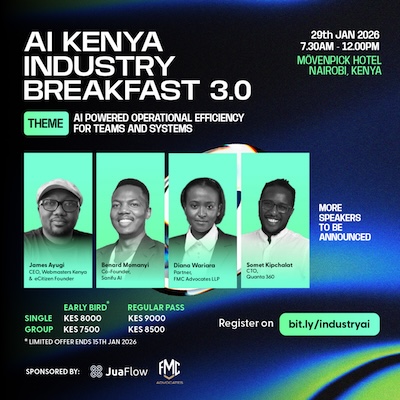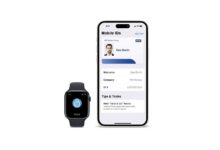
As the global digital economy expands, and with Covid-19 changing the way we conduct business, Digital Identity is becoming increasingly important, especially given its impact on SDG target 16.9, which calls for “legal identity for all.” As public and private service providers move into the digital realm, the ability for individuals to prove who they are will be essential for accessing benefits and services via digital platforms. According to the International Telecommunication Union (ITU), this move toward Digital Identity platforms can increase efficiency of service delivery, reduce transaction costs, besides driving innovation and development.
Further, in the dematerialized environment that characterizes digital society, citizens can go online to easily access a wide variety of services (healthcare, education and financial services, among others), which they may otherwise not be able to benefit from due to cost, lack of infrastructure, etc. This, however, creates the need for these now “digital citizens” to prove their identity when they go online, in a secure manner and using Trusted Digital Identities (TDIs).
Rise of the Digital Culture
Despite the move toward Digital Identity, almost one billion people globally lack any form of legally recognized identification, according to estimates from the World Bank’s ID4D database. This problem can disproportionally impact rural residents, poor people, women, children, and other vulnerable groups, particularly in Africa.
In its report, Driving Adoption of Digital Identity for Sustainable Development, GSMA notes that in Tanzania, formal identity products and identity-linked services have yet to become a part of day-to-day life, as low-income consumers typically rely more on informal social networks for their identification needs. As such, triggers for formal identity verification are few and far between, and ‘ward letters’ serve as sufficient proof-of-identity in most situations.
The good news is that many African countries are beginning to ‘leap-frog’ paper-based identity systems by implementing robust digital identities, and the transformative potential of mobile technology has been identified as a key opportunity for accelerating the scale and reach of an inclusive digital identity that empowers citizens, protects privacy and stimulates economic and social development. Using its vast experience, Global Voice Group (GVG), has deployed robust solutions for various governments, proving that combined with mobile technology, TDIs have the potential to change the landscape of financial inclusion by enabling unbanked citizens to access formal banking services.
The Digital ID Creation Process
The process of creating a TDI is a lengthy and exhaustive one, this serves to ensure that the services being accessed by users remain secure and free from fraud. To guarantee this, users must initially be identified physically to ascertain that they are real, and there are digital solutions that have been created to aid these purposes. These digital solutions can be used by regulators to verify the identity of users, with one identifying factor being SIM cards – which are already used to identify 62% of the world’s population.
With technological solutions, it is possible to centralise this bank of information and use it to assist in developing TDIs that can be used to gain access to various services from different government or regulatory organisations. Once these TDIs are developed, verified and authenticated, it is possible to enforce compliance with relevant regulations and laws in their use. Individuals and institutions benefit from digital ID in several ways. The four largest contributors to direct economic value for individuals globally are increased use of financial services, improved access to employment, increased agricultural productivity, and time savings.
In East Africa, Tanzania’s National Bank of Commerce has deployed the use of digital ID for customers to hasten account opening. Taking the lead though is Kenya’s Huduma Namba mass registration system that has to date successfully registered about 40 million Kenyans and foreign nationals residing in Kenya, bolstering the fight against financial crime. Rwanda has also embraced digital ID, thanks to the Covid-19 pandemic.
Authentication of Digital IDs
But like other technological innovations, digital ID has its own risks. The authentication system must be robust and conclusive, to avoid misuse of the digital IDs. However, a thoughtful system design with built-in privacy provisions like data minimization and proportionality, well-controlled processes, and robust governance, together with established rule of law, are essential to guard against such risks. It is imperative to have a trusted provider to put in place a Public Key Infrastructure (PKI) to enhance security by creating security certificates and securely associating a specific key with an entity. That will provide the ecosystem a strong and secure backbone.
Ultimately, trust is a key requirement when it comes to the creation of a digital society. Governments and their institutions, companies and individuals alike need to be assured that the information they provide, obtain or store online is safe if they wish to provide, or benefit from, valuable online services. GVG has a solution that allows for the monitoring compliance in the sim card registration process -Visio Sim, whilst consolidating the different databases to ensure end to end authentication of TDIs.
James Claude is the CEO of Global Voice Group (GVG).
Follow us on Telegram, Twitter, Facebook, or subscribe to our weekly newsletter to ensure you don’t miss out on any future updates. Send tips to info@techtrendske.co.ke.




